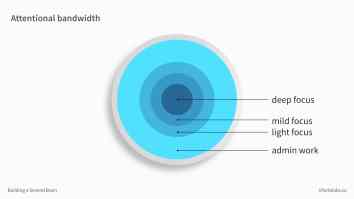
Second Brain Case Study: Progressive Summarization as Religious Experience
This is a conversation with Allison Andrade, an undergraduate student at Guilford College in Greensboro, North Carolina. She was one of several cohorts of students taught to use Progressive Summarization by a professor, Wes Daniels (who has written about that experience here). In this wide-ranging conversation we talk about: My background in religion and how…











